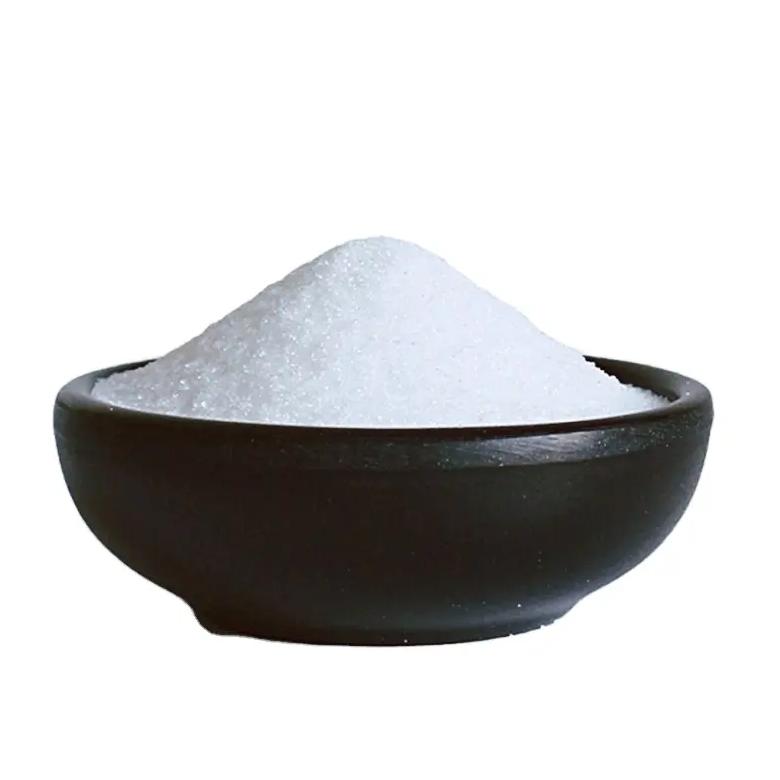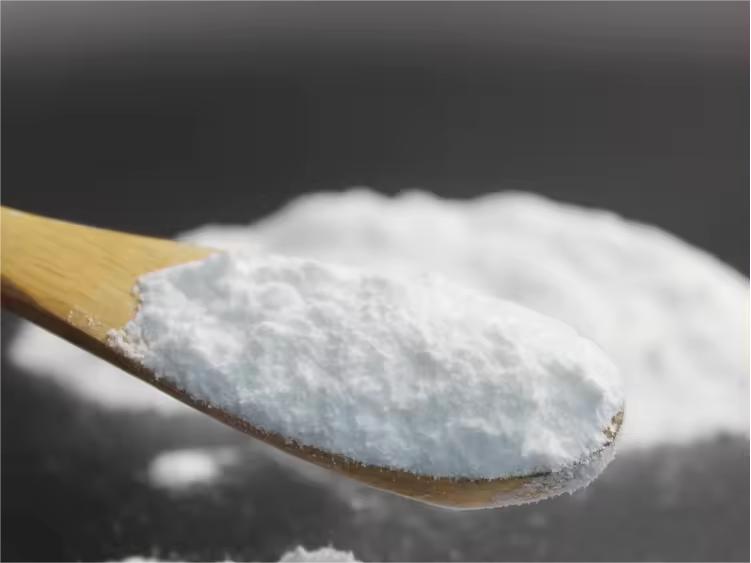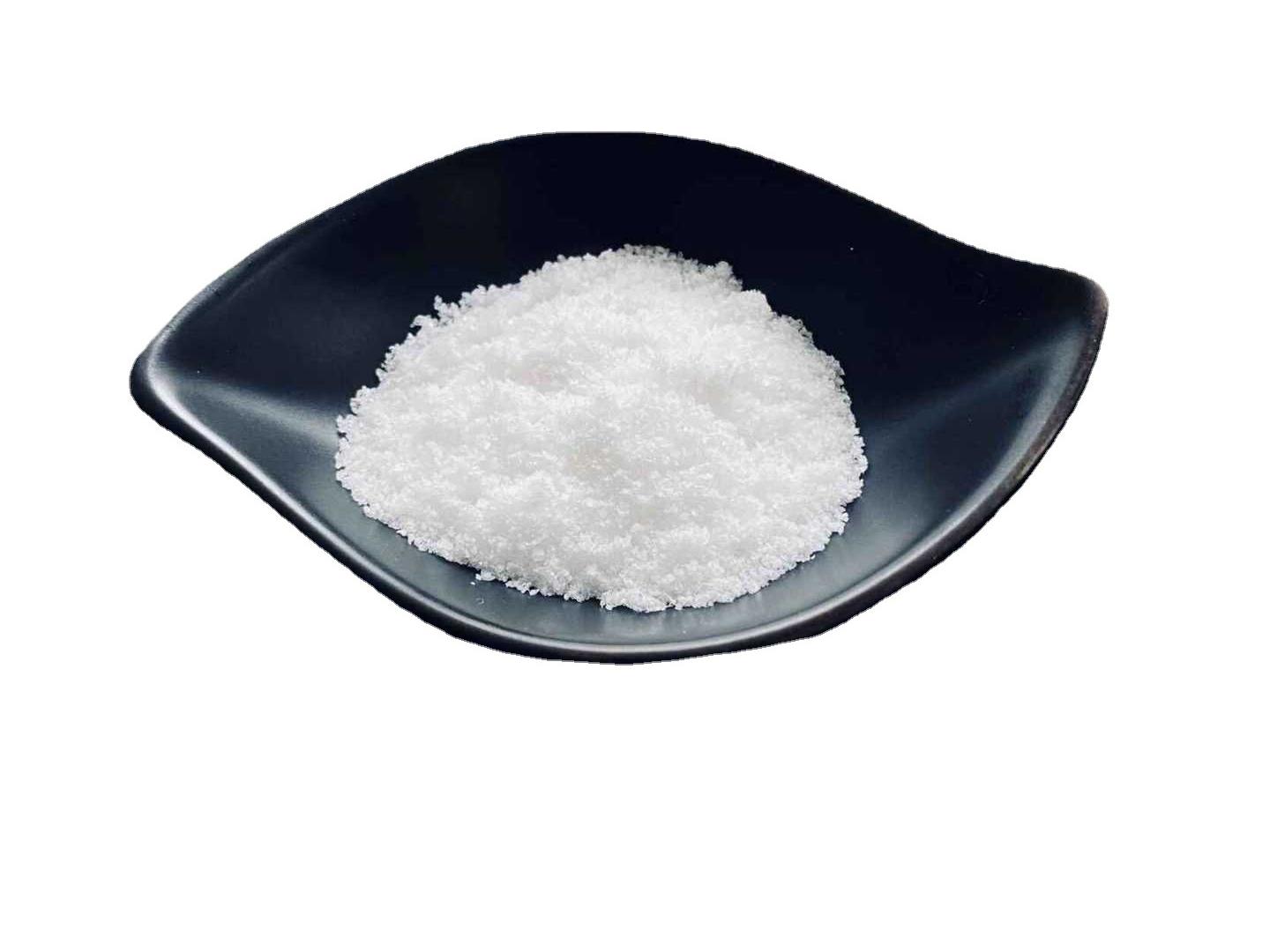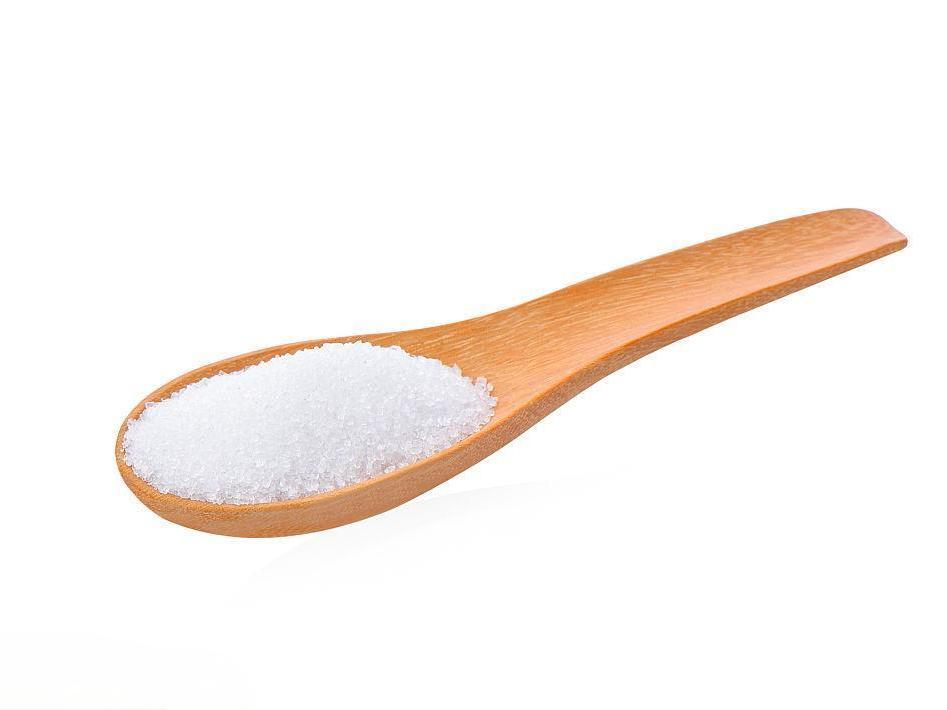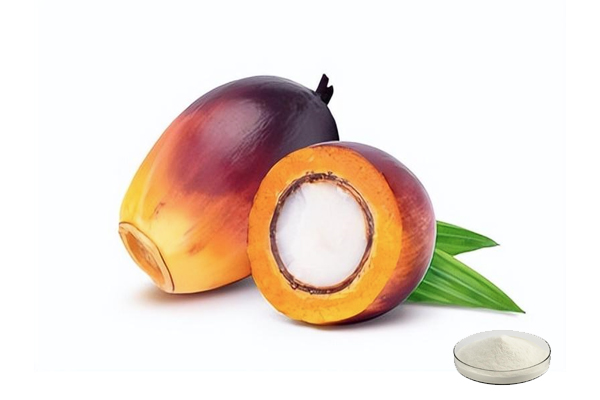Карнитин порошок 99%
Кас-нет. :541-15-1
Спецификация :99%
Метод испытания :HPLC
Внешний вид: белый хрустальный порошок
Остатки пестицидов: соответствуют стандарту No 396/2005 (EC)
- 3. Описание
- Спецификация данных
- Свидетельство о допущении
-
Что такое карнитин порошок Доля женщин - 99%?
Я карнитиновый порошок is a kind of amino acid that promotes the conversion of fat into energy, it is a white crystalline powder, easily soluble in water. It contains chiral carbon and has strong levulinic activity, mainly in levulinic acid. L-carnitine is primarily derived from animal diets, especially red meat (e.g., lamb), and is rarely found in plant diets. L- карнитин is a fat metabolism promoting supplement that transports fatty acids into the mitochondria for beta-oxidation and energy production. It is useful for improving athletic performance and weight loss. It is commonly used clinically in the treatment of L-carnitine deficiency.
Технология Green Spring поставляет карнитиновый порошок 99%, который является белым кристаллическим порошком с хорошей стабильностью и широко используется в медицине и продуктах здравоохранения, пищевых добавок и так далее.
Основанная в 2000 году, Green Spring Technology является ведущей биотехнологической компанией в китае, которая специализируется на предоставлении натуральных питательных, пищевых и косметических ингредиентов. Зеленый источник получил множество сертификатов, таких как халал, кошер, космос, BRC, IFS, FDA, ISO9001, ISO22000, и так далее. Она отвечает самым высоким международным стандартам в этой отрасли и соответствует стандартам ес EC396, ес 2023/915, а также самым высоким стандартам на остатки растворителей.
Технические характеристики:
Название продукта
L-Carnitine
Кас-нет.
541-15-1
3. Анализ
99%
Метод испытания
КЖПХ (HPLC)
Внешний вид
Порошок из белого хрусталя
Остатки пестицидов
Соответствует стандарту (ес) No 396/2005
Правила:
Он соответствует правилам ес.
Хочешь услышать цитату?Benefits:
Promotes Fatty Acid Transport and Oxidation
In 1959, Friz discovered that L-carnitine can promote fatty acid metabolism. Research shows that L-carnitine has the obvious effect of accelerating fat oxidation function, which can improve the body's use of fat, promote body fat burning, and is conducive to the improvement of "lean body mass". Its mechanism of action is that L-carnitine is involved in fatty acid metabolism as a carrier in the form of lipoyl carnitine, which is transported outside the mitochondrial membrane into the membrane, and then metabolizes fats in the mitochondria so that it can be oxidized by β-oxidation and converted into energy. Moreover, the higher the concentration of carnitine, the faster the lipoyl transport and the faster the fatty acid oxidation.
Regulation of the Acyl CoA/Mercapto CoA Ratio in Mitochondria
The ratio of hexanoyl CoA to mercapto CoA in the mitochondrial matrix affects the activity of pyruvate kinase, and therefore the normal energy metabolism in animals. Meanwhile, some branched-chain acyl groups are metabolites of leucine, isoleucine, and valine, and the timely transport of branched-chain acyl groups is conducive to the normal metabolism of these amino acids. L-carnitine can participate in the transport of branched-chain amino acid metabolites, thus promoting the normal metabolism of branched-chain amino acids. This process is catalyzed by carnitine acyl-coenzyme A to complete the circle.
Acylation for Detoxification
Mitochondrial fatty acid β-oxidation metabolism can produce several toxic ester acyl CoA, such as propionyl CoA and methylmalonic acid monoacyl CoA, as well as propionic acid. These substances inhibit some key enzyme activities in mitochondrial metabolism and cause toxicity. After L-carnitine treatment, a large amount of free L-carnitine in the cell mitochondria can combine with these toxic acyls to form L-carnitine complexes, which can release their toxic effects. At the same time, L-carnitine can also promote the oxidation of acetoacetic acid, which plays a role in the elimination and utilization of ketone bodies.
Maintaining Membrane Stability
L carnitine scavenges excess long-chain fatty acyl groups from mitochondrial membranes and maintains membrane stability. L-carnitine is also an antioxidant that traps free radicals by preventing the formation of iron chelates. When the primary antioxidant defence barrier cannot ensure complete scavenging of free radicals, L-carnitine acts as a carrier of long-chain fatty acyl groups and participates in membrane phospholipid deacylation a reacylation during membrane repair, which facilitates timely membrane repair.
Affects Amino Acid Metabolism
L carnitine synthesis must rely on muscle protein catabolism to provide methionine and lysine, so its metabolism of methionine and valine and other negative feedback regulation. The addition of L-carnitine reduces the synthesis of endogenous L-carnitine, which reduces the breakdown of proteins in the body and has the effect of conserving lysine and methionine. The metabolites of leucine, isoleucine, and valine in mitochondria are some branched chain acyls, and L-carnitine acts as a carrier to transport the branched chain acyls out in time, which is conducive to the normal metabolism of these amino acids.
Applications:
For Healthcare Products:
L carnitine is an important nutrient for middle-aged and elderly people. The energy of human heart muscle originates from the oxidation of fatty acids. L-carnitine is an important nutrient for cardiac muscle, which can increase the capacity of cardiac muscle, leading to an increase in cardiac output, so it has a significant protective effect on the heart. Clinically, L-carnitine has been shown to have anti-myocardial ischemia, anti-arrhythmia, and lipid-lowering effects. With the increase of age, the L-carnitine in the body is decreasing, which leads to the decrease of myocardial cell vitality, so the elderly need to supplement L-carnitine.
Foreign countries have listed it as an important substance to prevent and reduce coronary heart disease in middle-aged and old people, and supplementation of L-carnitine can increase the capacity of heart muscle. L-carnitine supplementation can increase the capacity of heart muscle. For those who suffer from diabetes and renal function disease, they should also supplement L-carnitine to meet the deficiency in their body. At the same time, L-carnitine supplementation is also very effective in improving immunity and prolonging the life of immune cells.
Foods for Athletes:
L carnitine is also an important supplemental nutrient for athletes, which can improve the explosive power of sports, and enhance sports endurance and other functions. L-carnitine determines the amount of energy produced by muscles; the increase of L-carnitine content in muscles during exercise can promote the conversion of energy, maximize the body's oxygen tolerance, and promote the full use of physical performance.
L carnitine can promote both aerobic and anaerobic metabolism as well as relieve exercise fatigue. This is of great benefit to athletes in improving their sports performance. Researchers at home and abroad have also found that L-carnitine supplementation to athletes can greatly increase their maximum oxygen consumption and energy output during exercise, and significantly reduce carbon dioxide production and plasma lactate concentration. Due to such functions of L-carnitine, it has been commonly used in sports health food in foreign countries.
-
Get Your Free COA


 Английский язык
Английский язык Французский язык
Французский язык На испанском языке
На испанском языке Русский язык
Русский язык Корейская народно-демократическая республика
Корейская народно-демократическая республика На японском языке
На японском языке



